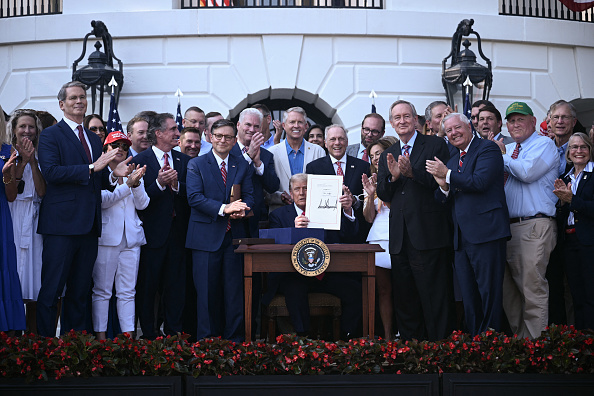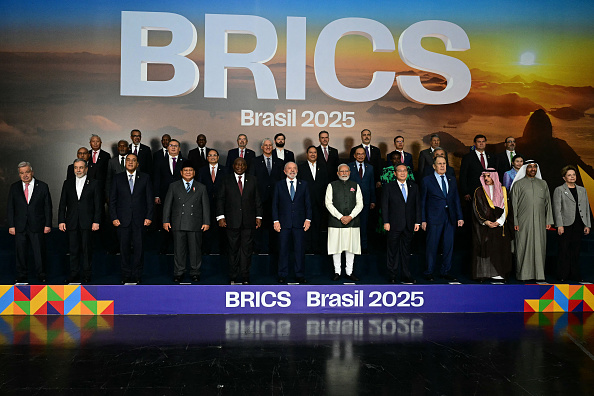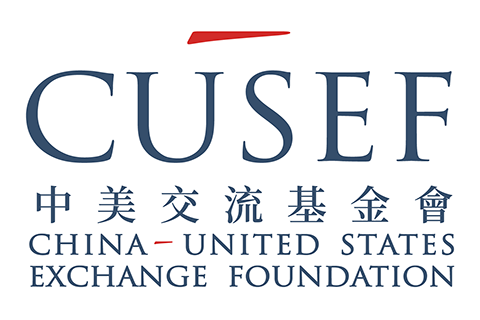
Dear Focus Reader,
This week, diplomacy took center stage as U.S. Secretary of State Marco Rubio and Chinese Foreign Minister Wang Yi met in person for the first time on the sidelines of the ASEAN Foreign Ministers' Meeting in Kuala Lumpur. Their hour-long discussion, described by both sides as "constructive" and "positive," signals a cautious step forward in stabilizing the bilateral relationship.
Wang urged the U.S. to approach China "in an equal, respectful and mutually beneficial manner," while Rubio emphasized the need to build trust and maintain open lines of communication. Although no specific agreements were reached, both parties agreed to strengthen dialogue at all levels and explore areas of potential cooperation. Rubio also stated that the odds of a summit between President Trump and President Xi Jinping later this year are "high," with both sides motivated to create the "right atmosphere and deliverables."
The diplomatic overture came amid rising regional unease over President Trump's recent tariff announcements. Earlier this week, Trump unveiled sweeping new duties targeting goods from dozens of countries, including several ASEAN members. The move drew sharp criticism from Southeast Asian leaders, including Malaysia's Prime Minister Anwar Ibrahim, who called for deeper intra-ASEAN trade cooperation in response.
At the same ASEAN forum, Rubio met with Russian Foreign Minister Sergey Lavrov, where both discussed ways to restart Ukraine peace talks. Meanwhile, China used the meetings to position itself as a more predictable trade partner, criticizing the U.S. for "abusing tariffs" and disrupting the global supply chain.
Learn more on China-US relations by catching up on our latest Focus content, including topics on the impacts of Trump's "Big and Beautiful Bill," Elon Musk's "America Party," and more.
"The DPP is now confronting multiple crises…That partisan struggle continues to intensify, with each side accusing the other of undermining Taiwan's democracy."
The projected share of the world's middle class that will reside in the Global South by 2030, with two-thirds of that population concentrated in the Asia-Pacific region.
Read more in "The Global South in a Multipolar World," Lucio Blanco Pitlo III, President of Philippine Association for Chinese Studies, and Research Fellow at Asia-Pacific Pathways to Progress Foundation.
A Language Without Barriers | Philip Tinari
Watch VideoIn our Focus Insights section, we featured an article by Ma Xue of the China Institutes of Contemporary International Relations analyzing how Trump's new economic bill may affect U.S. fiscal stability and shape future dynamics in the U.S.-China relationship.
We want to hear from you!
What impact could increased U.S. government support for high-tech manufacturing have on global competition, particularly with China?
Submit your thoughts to USeditor@chinausfocus.com for a chance to be featured in next week's Focus This Week.
useditor@chinausfocus.com for more info.
Prepared by China-US Focus editorial teams in Hong Kong and New York, this weekly newsletter offers you snap shots of latest trends and developments emerging from China and the U.S. every week. It is a community space to exchange thoughts and ideas about the China-U.S. relationship and beyond.
- 2025-06-27 Focus This Week: Restored Access
- 2025-06-20 Focus This Week: Escalation and Restraint
- 2025-06-13 Focus This Week: A Trade Reset?
- 2025-06-06 Focus This Week: A Long-Awaited Call
- 2025-05-30 Focus This Week: Visas in the Crosshairs
- 2025-05-23 Focus This Week: Academic Exchange Strained
- 2025-05-16 Focus This week: Rolling Back, Moving Forward?
- 2025-05-09 Focus This Week: "Friends of Steel"
- 2025-05-02 Focus This Week: An Open Door?
- 2025-04-25 Focus This Week: Open for Business
- 2025-04-18 A "Numbers Game"
- 2025-04-11 Focus This Week: Beijing Strikes Back
- 2025-04-04 Focus This Week: Tariff Turmoil
- 2025-03-28 Focus This Week: Navigating Uncertainty
- 2025-03-21 Focus This Week: Driving Diplomacy
- 2025-03-14 Focus This Week: Two Sessions Wrapped
- 2025-03-07 Focus this Week: Setting the Agenda
- 2025-02-28 Focus This Week: A Dramatic Shift
- 2025-02-21 Focus This Week: Straining Ties
- 2025-02-14 Focus This Week: Deals and Defense




